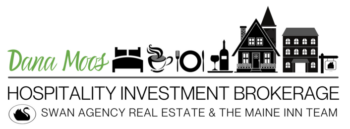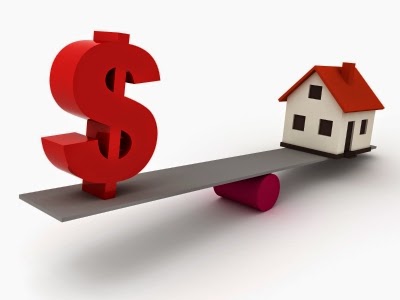An inn or bed and breakfast is a hybrid. Yes, it is a business that operates within a piece of real estate on a piece of land. But it is a commercial business with a residential component. So how does an appraiser go about valuing this hybrid business? It’s not always easy for the buyer and seller to fully understand. So I’ll try and simplify it.
There are several elements that make up business value: hard assets are land, building and furniture, fixtures and equipment (FF&E). Intangibles are goodwill, such as trade name, reputation, guest/customer base, repeat clientele, well established long term business, intellectual property, etc. These all have value, but are not a hard asset. Intangibles cannot be sold off like the land, building and FF&E can, but they certainly can have great value to the operation and performance of a business. But the components that make up the goodwill have very subjective values.
We talk about a business as a “Going Concern”, which is the value of a company as an ongoing entity. This value includes the liquidation value of a company’s tangible assets (land, building, FF&E) as well as the present value of its intangible assets (goodwill). The going-concern value is worked into the purchase price of a company, and is the main reason why the purchase price of a company tends to be higher than the current value of the assets of the company.
There are three different approaches to value, and the results are often weighted as a combination of two or three. They are “income approach”, “cost approach” and “comparative market value approach”.
So let’s use the following example to talk about the income approach:
ABC Inn is under contract for $1,000,000. Based on standard commercial B&B lending, buyer puts down 25% of contract price, lender funds 75% loan to value.
“ABC Inn Appraisal Report – Market Value, Fee Simple, as a Going Concern”
Appraised Market Value: $1,000,000, allocated as follows:
Hard Assets:
Land/Building: $775,000
FF&E: $25,000
Goodwill: $200,000
The bank will loan 75% of hard assets and FF&E (of $800,000). This translates to:
Bank loan: $600,000
Buyer down: $250,000 (25% of contract price)
= $850,000 but the contract price is $1,000,000.
So who is going to fund the difference of $150,000? The banks don’t usually lend on goodwill or intangibles, simply because if a buyer defaults on the loan and the bank has to turn around and liquidate the assets, intangibles cannot be sold, only the hard assets can. So who’s left to fund this? If the business performance qualifies, SBA might guarantee the goodwill portion of a loan which will allow the lender to fund the guaranteed portion of goodwill. If not, often a seller is asked to carry a note for the difference, or a buyer realizes what the goodwill is worth to them and they fund it, or a combination of both. But you can see how this could bring about a financing hiccup if a considerable portion of the appraised value is allocated to goodwill. The better the business, cash flow, and the reputation, the higher the possible goodwill value. Which means, the higher the cost to buy into this lifestyle business.
This is nothing new in commercial hospitality lending, but it’s something that is being enforced possibly more than it was years back. Is this the new lending climate? We really aren’t sure, but it appears it could be trending that way. So it’s just something that buyers and sellers need to be aware of. Just another reason to work with an experienced broker.
I’ll save HOW an appraiser arrives at the amount allocated to goodwill for another post!




